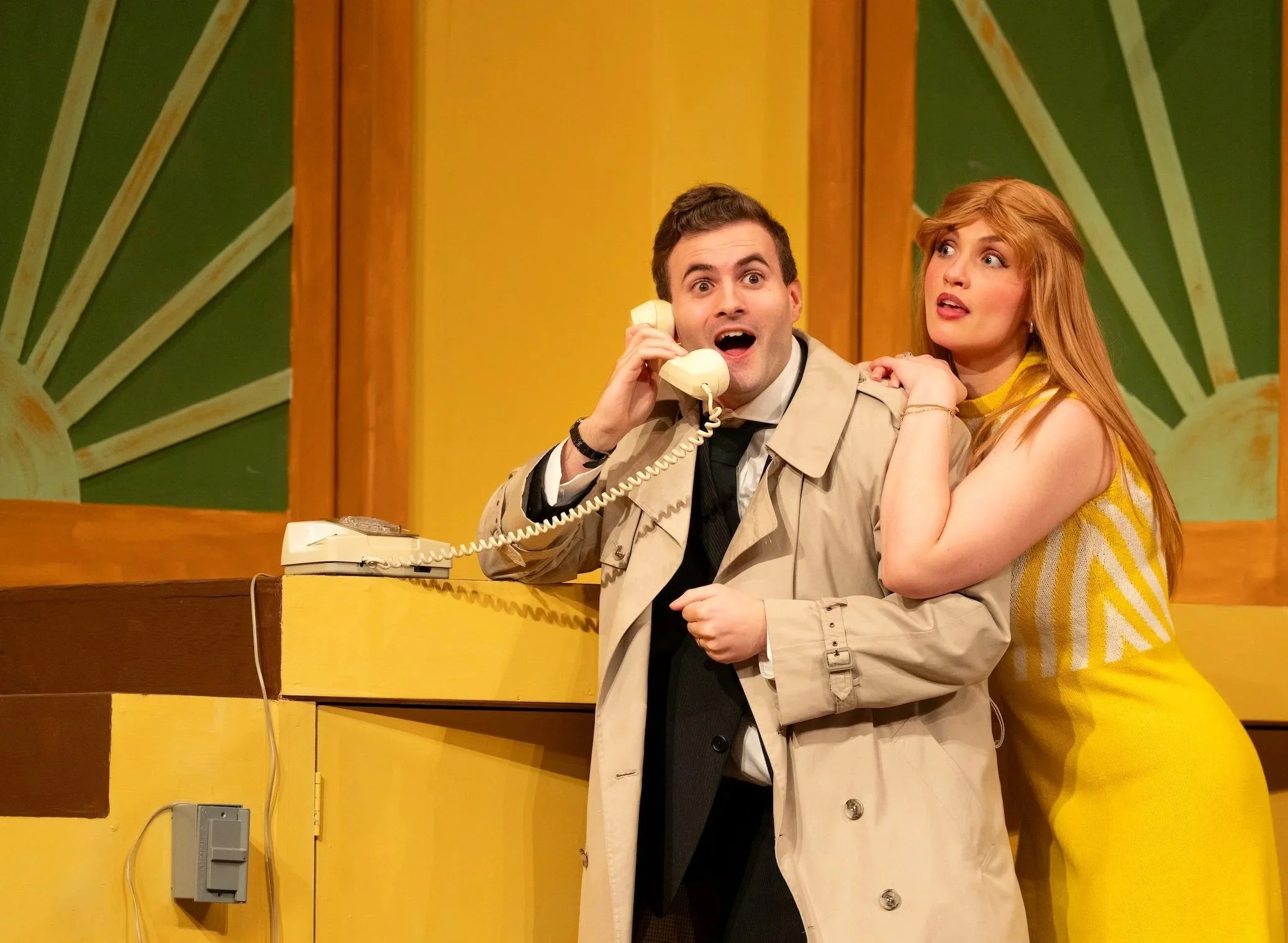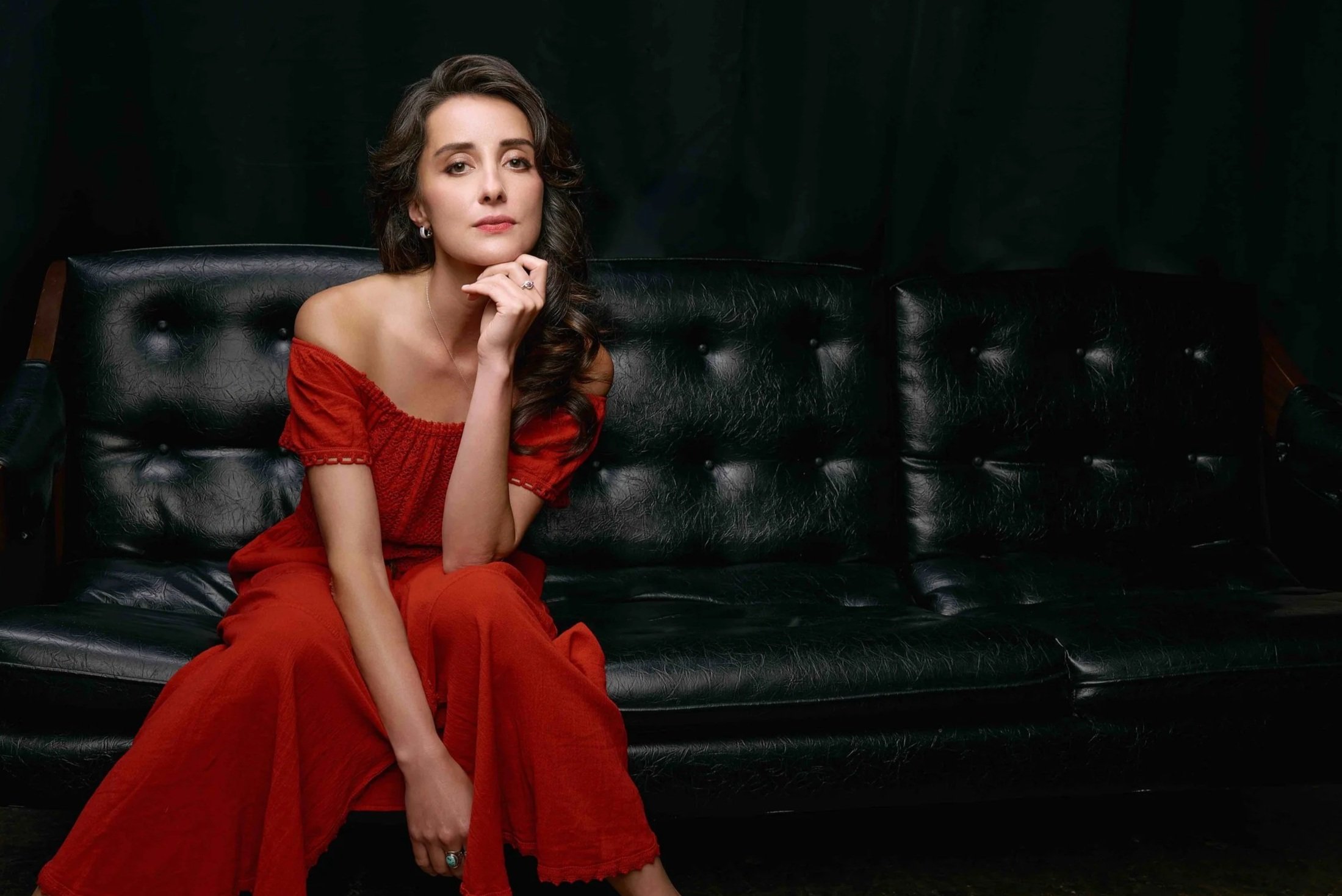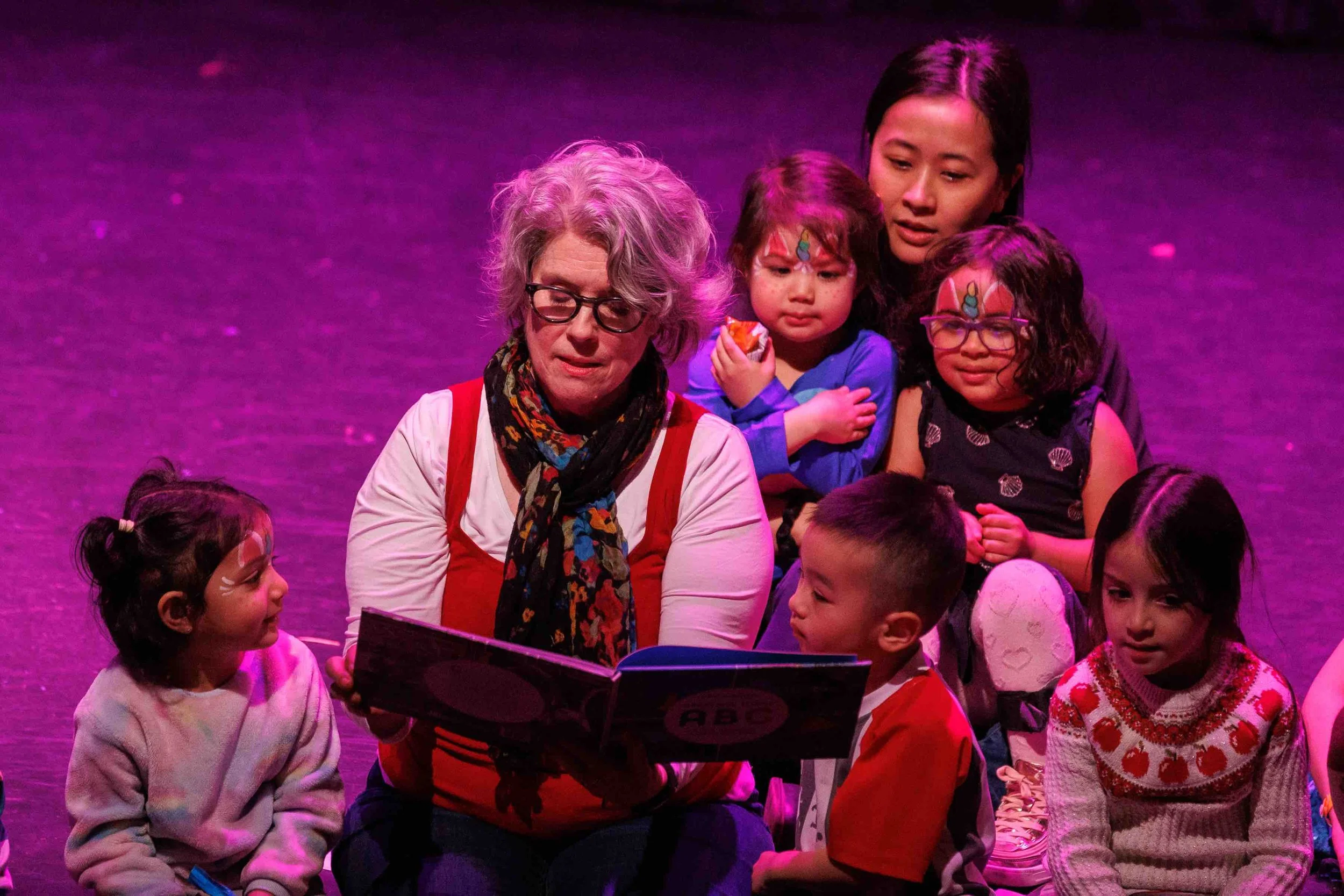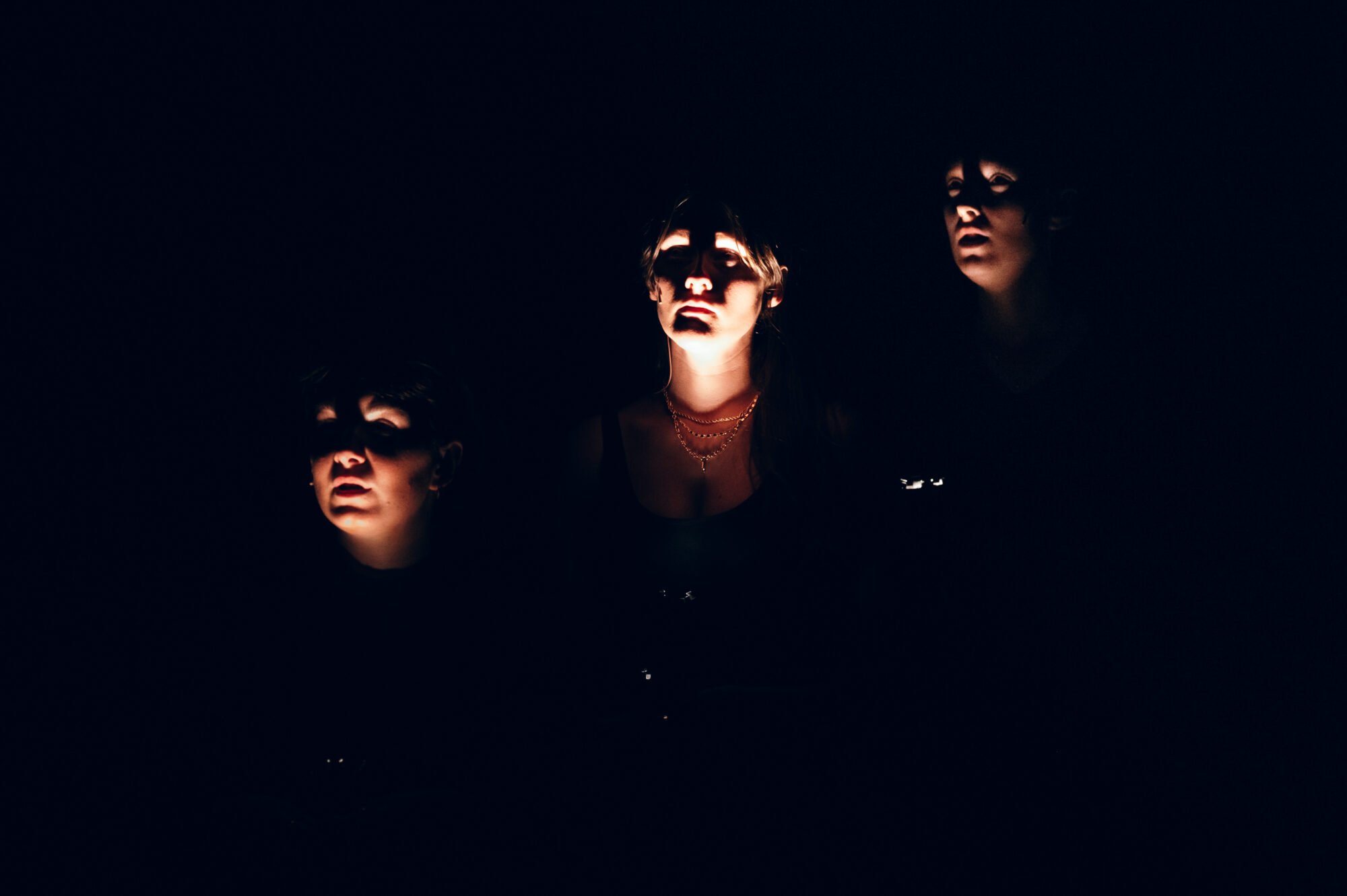Theatre review: Strong performances reveal siblings in their own kind of lockdown, in The Amaryllis
Amy Rutherford and Shawn Macdonald adeptly balance biting humour and suffocating codependence
Shawn Macdonald and Amy Rutherford grapple with a codependent bond in The Amaryllis. Photo by Emily Cooper
The Search Party’s The Amaryllis is at the Firehall Arts Centre until November 22. See COVID-19 protocols here
ESCAPING THE HOUSE to see theatre is feeling more and more like an act of resistance. We are all getting our heads around the counterintuitive fact that health authorities say homes are where the cursed virus is most likely to spread, and venues like theatres, with their rigorous protocols, are safer places to gather.
That fact that home can be a threatening or suffocating location right now plays incredibly well into Michelle Riml’s acerbically funny new two-hander, The Amaryllis.
Attending it at the Firehall means that you leave your own little fortress of lockdown (and whoever is driving you crazy there) to enter the isolated existence of two other people. The show is not set during COVID, of course, but it plays out entirely within the confines of the living room in siblings Lucy and Jeremy’s home. There, the codependent pair grapples with the fact they’re spending far too much time together.
Amy Rutherford strikes a fine balance between funny and unstable. Photo by Emily Cooper
Driven by strong performances from actors Amy Rutherford and Shawn Macdonald, the relationship between them gradually goes from amusing to alarming. The play opens on the frustrated voice-actor Lucy struggling to rehearse a silly cheese commercial while Jeremy, who is also her manager, tries to soothe her and stroke her ego. Together, they inhabit an old apartment with aging vintage furniture that feels heavy with memory, as created by set designer Ana Cappelluto.
We start to see how Lucy dominates Jeremy, and how passive-aggressive she can be. He tries to assert small acts of rebellion: when he says he’s skipping their Tuesday movie night, she badgers him into relenting. Then, she reveals she’s picked the film, even though it’s his turn. She assures Jeremy that she chose a nature flick he would have selected anyway: “I chose as you.”
The story is about how Jeremy wants to break free, to do something with his life before it’s too late. That effort takes physical form in an amaryllis he brings home, trying to nurture a flower out of a bleak-looking bulb.
Hilariously, at one point, Lucy instructs him: “If you want to do something for yourself, do something for me.” She doesn’t want to just be known as a voice actor; she wants him to find her a real theatrical role. She doesn’t believe the amaryllis will grow, and likewise, she doesn’t want Jeremy to change.
Riml and the actors build a tight rapport between the siblings. They play little games the 40ish pair is far too old to be engaging in. They make decisions using Rock Paper Scissors, break into arm-wrestling matches and Jesus Christ Superstar songs, and have a “keys, wallet, lights” chant before they leave the house.
Sean Macdonald's Jeremy quietly tries to assert change. Photo by Emily Cooper
Under Mindy Parfitt’s direction, Rutherford hits the difficult balance between bitingly funny, deeply self-loathing, and domineering. She has to make us laugh--just watch her literally sweep dust under the carpet--but she also has to make us worry for her mental health. And Macdonald forms an intimate bond with the audience in his gentle, self-questioning asides, finding nuance and empathy in a role that calls for a kind of humble nobility.
What for the first half seems like a simple relationship of bully and bullied gives way to a much more complex contract between the two.
Suffice it to say that personal history helps explain why Jeremy puts up with Lucy’s incessant haranguing, manipulation, and even homophobic slurs toward him. If there’s a misstep, it's that Riml takes that explanation too far, in a way that feels gratuitous; less would be more here. Small traumas can add up to monumental dysfunction between sisters and brothers; we don’t need convincing.
But Riml is a very funny writer, with a gift for pop-culture detail, whether it’s Kraft Dinner, salt-and-vinegar chips, old Barbara Stanwyck movies, or Yoda. And as you leave the theatre for your own lockdown again, the central amaryllis resonates as a beautiful metaphor (one given extra magic with Itai Erdal’s evocative lighting). The strange plant takes the patience of Job to grow--a kind of quiet endurance we’re all trying to tap right now, before society can bloom again.















